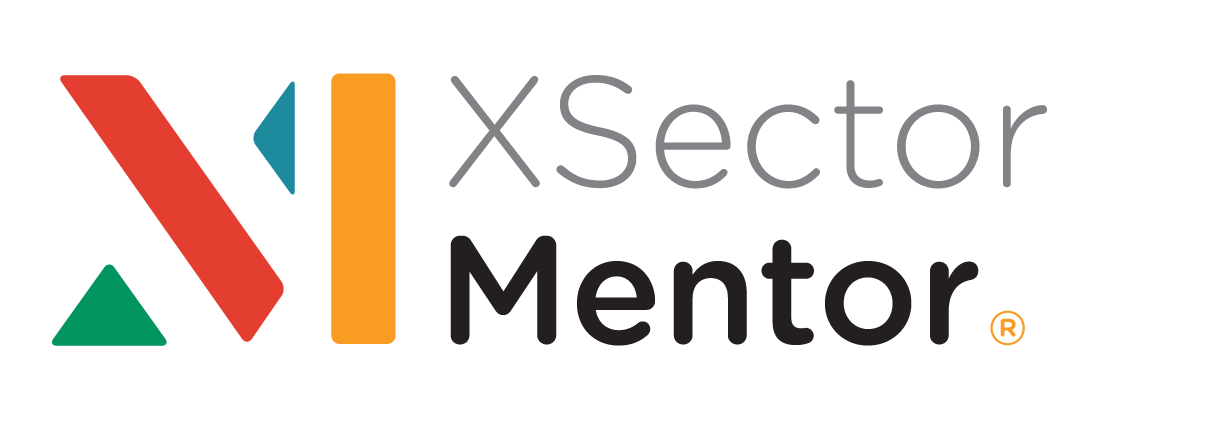What is reciprocal mentoring?
Traditional, Reverse, and Reciprocal
-
Traditional follows the apprenticeship model where an older, more experienced mentor ‘imparts knowledge and wisdom’ to a much younger, more junior mentee or protégé.
-
Reverse occurs where younger, mentees who are less experienced but talented, and with specialist skills, mentor the older, more experienced but with less specialist knowledge mentor.
-
Reciprocal is a pioneering new form of mentoring that assumes a community-based approach where any participant in mentoring can mentor another regardless of their experience, status, and background. This is becoming popular for promoting diversity and inclusion in companies but has many applications and benefits for both participants and companies.
The push from companies that I have been engaging with, is to create more opportunities for reciprocal mentoring for the express purpose of increasing mutual business improvement through the exchange of knowledge, skills and wisdom between professionals and companies.
At a time where inclusivity is a complex and evolving issue in the U.S. and for U.S. headquartered companies, in the corporate world, DEI (Diversity, Equity, and Inclusion) is undergoing a transformation, and while some companies are pulling back from the label DEI due to political pressure, others are reframing DEI as a strategic imperative tied to innovation and survival. Gen-Z, the most diverse generation, is generally driving demand for inclusive workplaces, and leaders are being urged to pair introspection with bold action to foster belonging and equity.
Professional Coaching market
Coaching is perceived differently to mentoring and the professional coaching market is diverse, rapidly expanding, and increasingly digital. With strong growth across executive, career, life, and business coaching, it's clear that coaching is becoming a mainstream tool for personal and professional development worldwide.
The global market size is estimated at $7.21 billion in 2025, with recent growth showing an expansion of 62%, up from $2.849 billion in 2019. The online coaching market is expected to reach $11.7 billion by 2032.
The Mentoring opportunities tend to be stated as technology-related with trends to watch including; virtual reality (VR) for immersive mentoring experiences, blockchain for secure credential verification, mobile-first platforms for flexible, on-the-go mentoring, and social learning features to encourage peer mentoring and knowledge sharing.
Reciprocal Mentoring
Taking an approach that places humans at the heart of the learning experience, driving the levelling up of opportunities for people regardless of their background, and with an emphasis on how to engage and retain talented professionals and develop them personally and professionally, is elevating the relevance and importance of mentoring especially when it crosses the boundaries of companies, professions, and sectors.
One of the critical factors is ensuring that when it occurs, it is done using a psychological safe space that is non-affiliated to a specific company, is respectful, and is human-friendly rather than an impersonal technology solution that seeks to quantify the number of ‘users’ rather than be about the quality of the mentor experience for ‘participants’.
Why is it important?
Many studies (IES Home Wellbeing Survey) were taken place during the pandemic on the impact of remote working on employees’ wellbeing and it is generally accepted that ‘feelings of isolation’ are the greatest risk for employees in the future especially in the uncertain world of the hybrid working world.
Gartner and Gallup are also consistently reporting based on their annual surveys, that there is a crisis in the engagement of employees and increasingly Managers.
What should companies do?
Companies need to examine how they can enrich the roles of their employees especially during intense periods of inevitable digital transformation as it will be easy for people to become ‘lost’ in the accelerating pace of change and this is where more formalised approaches to ‘knowledge exchange’ between people and companies may become the most reliable, efficient, and effective way to connect, share, and develop in the future.

